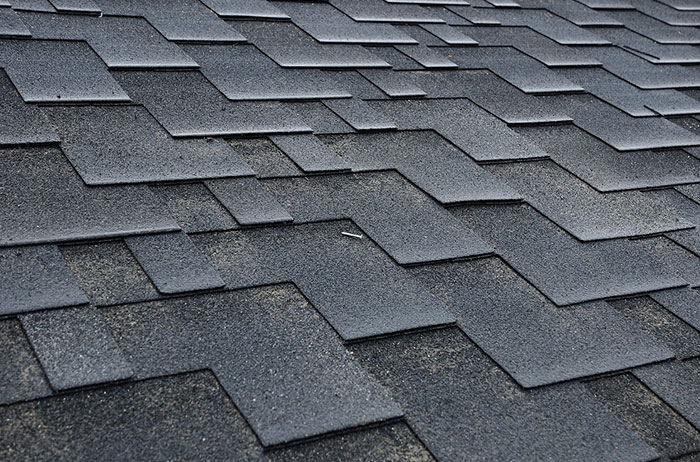It only takes research and asking around to discover that most people barely know about waterproof barriers. You often see people asking questions like, what does it mean? What does it do? Why do you need it? Besides that, waterproof barriers are often mistaken as materials used in reinforcing walls only. In reality, waterproof materials are used on both floors and walls.
So if some of these things sound like new information, you should stick around and read this to the end.
What is a Waterproof Barrier?
A waterproof barrier is a type of coating material or liner placed on a surface to make it impenetrable from water. People also use waterproof barriers to make the surface resistant to the effects of water under specific pressure, immersion times, depth, and other water-related conditions. Ideally, the waterproof barrier helps protect the surface from deterioration, corrosion, or other damage that could result from water exposure.
Why Waterproof Barrier Is Needed
Waterproof barriers are useful materials that offer numerous benefits. Here are some of the reasons why waterproof barriers are necessary.
· To prevent pests and termites
Humidity and moisture issues are the main reasons for bug infestations in residences, workplaces, or other enclosed spaces. Like all living things, pests such as cockroaches and mice always seek moisture to ensure their survival, growth, and reproduction. Though most living species are mainly driven to water, some pests are more likely to get attracted by humidity and moisture.
Insects and bugs are typically drawn to humid and moisture-prone places because they require moisture from their surroundings to survive. Likewise, damp wood and subterranean termites often get attracted to humid environments.
The moment they notice the presence of water-damaged wood or excess moisture, you will begin to see them. One good way to eliminate these pests and termites is to reduce water penetration into your home. This is why you need to use a waterproof barrier.
· Deal with climate issues
Sometimes, environmental factors leave us with no choice but to install waterproof barriers. For instance, if you live in a cold climate, you must use waterproof barriers. Likewise, if you live in a humid environment, you will need to use a waterproof barrier in your home. Meanwhile, you may not need waterproof barriers in dry or mild climates. In summary, experts recommend using waterproof barriers in homes with high chances of moisture penetration due to weather.
· Control moisture-prone areas
There are some areas in the home that are highly susceptible to the penetration of moisture. Experts highly recommend the use of waterproof barriers in areas like basements. Since moisture penetration in some areas is almost inevitable, installing waterproof barriers on the walls, ceilings, and floors is necessary.
· Preserve concrete floors
Concrete can get highly susceptible to external and internal water infiltration. When they do, they are likely to harm your flooring and building, degrade indoor air quality, and even increase energy costs. Some external sources of moisture in concrete include inadequate plumbing, drainage, and rain. They may also get moisture from areas beneath or at the edges of slabs, air humidity, inadequate ventilation, etc. Meanwhile, internal moisture in concrete comes from the water and cement mixture used to create the concrete slab in the first place.
Generally, the amount of water used in a concrete mixture significantly impacts the amount of time the concrete will need to dry up. In cases with too much water in the mixture, the cement will have more space between its aggregates. The result of this is that the cement will lose most of its compressive strength and will end up being less durable. Due to these reasons, you must have waterproof barriers on your concrete floors.
· Keep rots and mold away
Wood and other materials may decay if moisture gets inside of them. While rotting wood might collapse when it begins to rot, moldy wood will collapse and harm your health. Therefore, you should use a waterproof barrier to shield wood or other materials susceptible to mold.
· To regulate humidity
Humidity is often a result of the presence of excess moisture. If you reduce the moisture in your home, you can effectively lower your indoor humidity; if there is less humidity, you won’t need much air.
This will help you efficiently manage energy in your home, and you will be able to save on energy costs.
Classes of Waterproof Barriers
Moisture and water vapor are measured in “perms” or permeability units. This unit helps to understand better a material’s ability to allow moisture penetration.
Waterproof barriers can be categorized into three classes depending on how much water can penetrate the material. They are:
· Class I
This class of waterproof barriers is the strongest because they are impermeable. This means that they do not allow fluid to flow through them. Examples of Class I waterproof barriers include sheet metal, polyethylene sheets, and rubber membranes.
· Class II
This class of waterproof materials consists of semi-permeable materials. They can block moisture, but not all the moisture that attempts to flow through them.
Class II materials include unfaced expanded or extruded polystyrene, thirty-pound asphalt-coated paper, and bitumen-coated Kraft paper.
· Class III
This class of waterproof barriers is the weakest. They are permeable, meaning that they allow moisture to pass through.
Class III materials are built with gypsum board, fiberglass insulation, cellulose insulation, board lumber, concrete block, fifteen-pound asphalt-coated paper, and house wrap.
Do You Have Further Questions About Waterproof Barriers?
Now that you know the essential things you need to know about waterproof barriers, you can decide if you need them or not. If you are still unsure, you can seek the help of professionals like shoreline roofing.
Our experts are available to help you with whatever information you need. We can also come to inspect your home to see if waterproof barriers are what you need.



